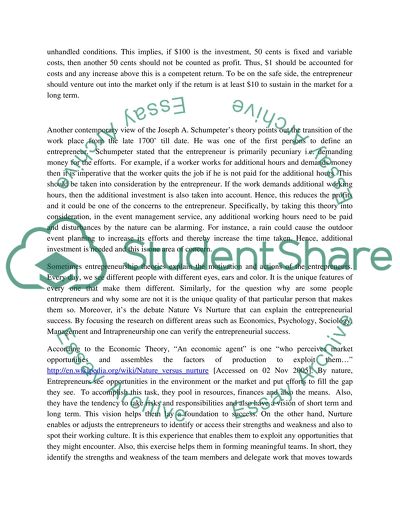Cite this document
(“Entrepreneurs Essay Example | Topics and Well Written Essays - 2000 words”, n.d.)
Entrepreneurs Essay Example | Topics and Well Written Essays - 2000 words. Retrieved from https://studentshare.org/miscellaneous/1564011-entrepreneurs
Entrepreneurs Essay Example | Topics and Well Written Essays - 2000 words. Retrieved from https://studentshare.org/miscellaneous/1564011-entrepreneurs
(Entrepreneurs Essay Example | Topics and Well Written Essays - 2000 Words)
Entrepreneurs Essay Example | Topics and Well Written Essays - 2000 Words. https://studentshare.org/miscellaneous/1564011-entrepreneurs.
Entrepreneurs Essay Example | Topics and Well Written Essays - 2000 Words. https://studentshare.org/miscellaneous/1564011-entrepreneurs.
“Entrepreneurs Essay Example | Topics and Well Written Essays - 2000 Words”, n.d. https://studentshare.org/miscellaneous/1564011-entrepreneurs.


